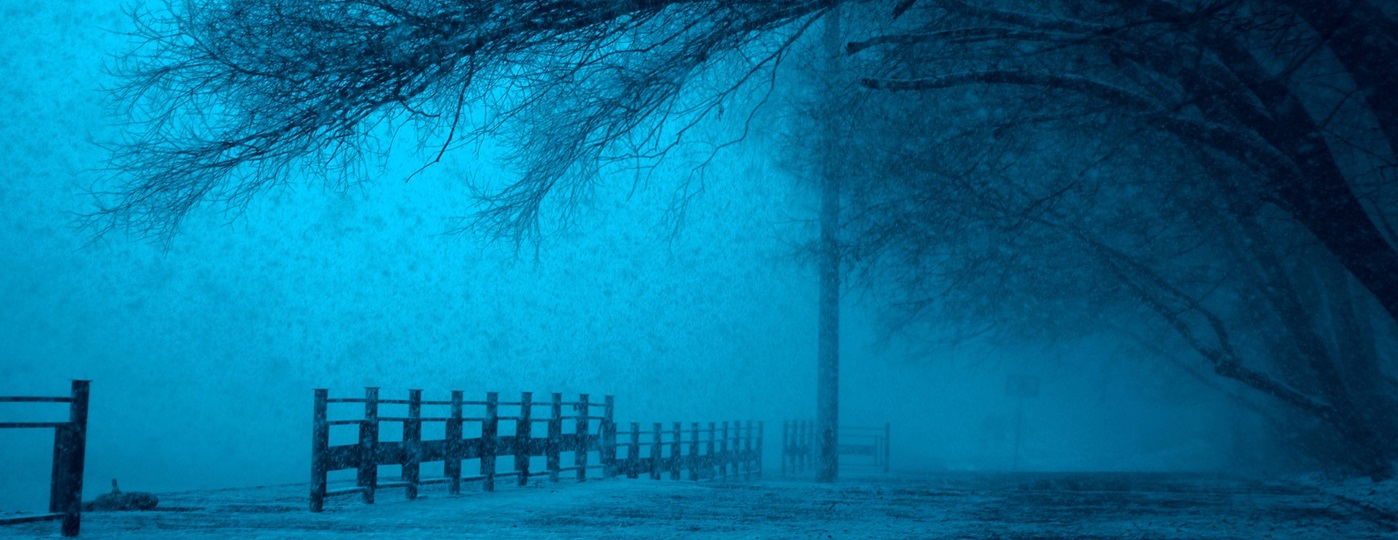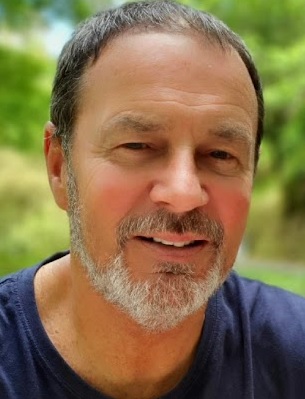
At the bottom of Te Manuao Road, where Burt Edwards’s dairy occupied one corner and a derelict house the other corner, we kids regularly explored the old house, which was predictably known as the “Haunted House”.
This was a time when Te Manuao Road had about seven houses and was more generally market gardening and farming land. In fact, the old-man Dittmer’s bull would occasionally escape from a paddock opposite our house and roam up and down the street until farmer Dittmer arrived on a tractor to herd the beast back to the paddock.
On one occasion, a mate in our neighbourhood kids gang hatched a plot to scare the living daylights out of a kid who we had decided was a giant “scaredy-cat” and worse, a “proper girl’s blouse”. No PC in them days, mate.
The plot involved installing one of our number into the Haunted House attic and getting Jeff (not his real name) to come with us to check out a story of ghosts in the old house. Naturally, Jeff was about as keen to explore that idea as he was in volunteering as the main target in a game of bull-rush. But eventually he summoned enough courage to play along.
So, there we were, a gang of scruffy 9-year-olds stomping around the old house, pretending to flush out the alleged ghost. On cue, our mate pulled his stunt from the attic, with a very convincing “WHOO WHOOO”.
Expletives flew in pretend shock as we rushed head-long from the house. Jeff was the last to leave, initially cemented to the ground, probably because the blood had momentarily drained from his head. However, once he’d realised he was alone with the ghost, he bolted in hot pursuit.
Etched into my memory is the picture of Jeff, who was a bit chubby and certainly no athlete, powering past us as we ran like hell up Te Manuao Road.
There is no pride in my telling this story and it is made worse in the knowledge that we took great joy in later admitting the plot to Jeff and having a good laugh at his expense.
But what also sticks in my head, is the power of fear as a weapon against people, and to sometimes create extreme responses.
The ring-leader of our plot revealed later that his low opinion of Jeff was simply “that he was different from the rest of us” and that he wanted to teach him a lesson – in other words, use fear to assert some bully-boy control.
In our child-like Lord of the Flies moments, these things can perhaps be explained as part of growing up and learning life’s difficult lessons. But how should we view the influences fear has on communities, society and politics?
In the United States, historians and political scientists have well documented the role that fear has in dictating everything from elections to gun control and policing. One only needs to look at their current election situation and how fear is driving the biggest issue – immigration. For a country almost entirely made up of immigrants (or descendants of), Trump’s rhetoric about “a plague of rapists and murderers coming across our borders” stirs deep passions among those who have come to fear people from unknown origins.
To illustrate how mad this has become – even madder than a bunch of kids scaring the hell out of poor Jeff – what should we make of the following story?
On February 25, a USAF airman named Aaron set himself on fire at the front door of an embassy in Washington, DC.
According to a witness, a first-on-the-scene man in uniform asked the burning airman: “May I help you, sir?” Then he ordered him to the ground.
Then a Secret Service agent approached with a gun drawn on the collapsed man, now fully consumed by flames. Only a third responder tried to actually put out the fire, shouting at the other two: “I don’t need guns, I need fire extinguishers!”
Aaron died of his injuries.
What have we come to when the reactions to a man, obviously needing help, is to instinctively treat him as a threat? Was he a murderer or terrorist, or perhaps just a human being burning to death?
When we promote fear as a way to manipulate and control, politicians can be elected, but we also lose a fundamental human trait – a healthy respect and trust for our fellow travellers. The alternative is a race to the bottom of mistrust and sorry isolation.
 You can contact Fraser here.
You can contact Fraser here.
Fraser Carson is the founding partner of Wellington-based Flightdec.com. Flightdec’s kaupapa is to challenge the status quo of the internet to give access to more reliable and valuable citizen generated content, and to improve connectivity and collaboration.
Flightdec websites include: KnowThis.nz, Issues.co.nz and Inhub.org.nz.
OTHER POSTS

